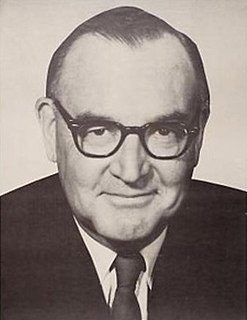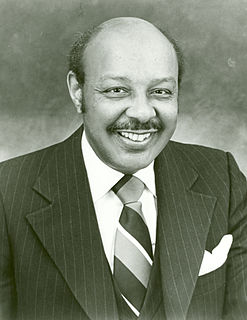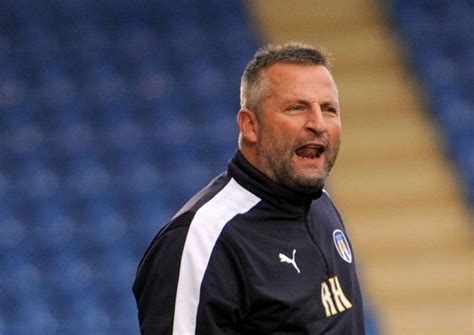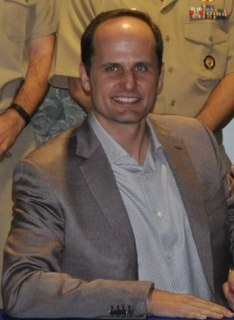A Quote by Pat Brown
In reality, those rare few cases with good forensic evidence are the ones that make it to court.
Related Quotes
In fact, Native American Rights Fund has a project called the Supreme Court Project. And quite frankly, it's focused on trying to keep cases out of the Supreme Court. This Supreme Court, Justice Roberts is actually, hard to believe, was probably worse than the Rehnquist Court. If you look at the few decisions that it's issued.
Let's put it in perspective at the United States Supreme Court, which hears maybe 60 cases a year, most of the cases are resolved without much dispute. The 10 or 15 that are controversial we all know about, and we hear about. The federal courts hear just a tiny sliver of the cases that go to court in this country. Most of the cases are in the state courts. And most legal issues never go to court. So, the legal system is actually not in jeopardy. At the same time, access to law is in jeopardy.
Over the past few years, the Supreme Court was six times more likely to accept cases from an elite group of 66 lawyers than it was from more than 99 percent of those who petitioned the court. That's the finding of a recent Reuters special report called "The Echo Chamber." It illustrates how almost half the appeals accepted by the court over a nine-year period came from this cadre of elite lawyers--many of whom have personal connections to the nine justices.
While I sat in family court, I probably heard 20 or 25,000 cases. And I am sure, during the course of those cases, there were cases that I probably would've decided differently had I had either more time or been able to explore more. But all you can do as a judge is really give a case your best effort.
Among the hundreds of so-called "UFO reports" each year, a sizable fraction of those clearly observed by reputable witnesses remain unexplained-and difficult to explain in conventional terms. There is a modicum of physical evidence, radar cases, residual effects, and some films-and photographs in support of the unexplained cases. Collectively, these cases constitute a genuine scientific mystery, badly in need of well-supported, systematic investigation.


































